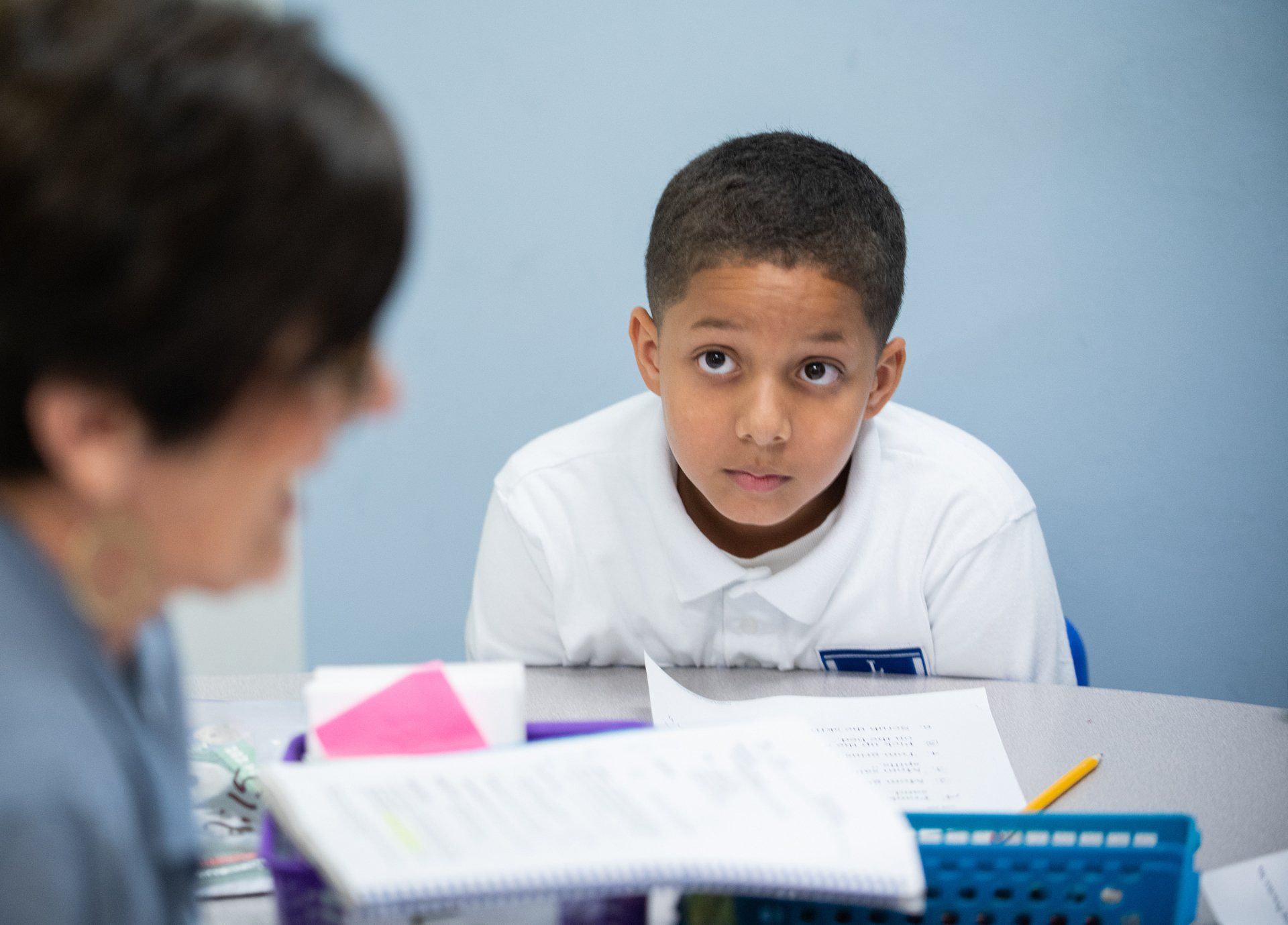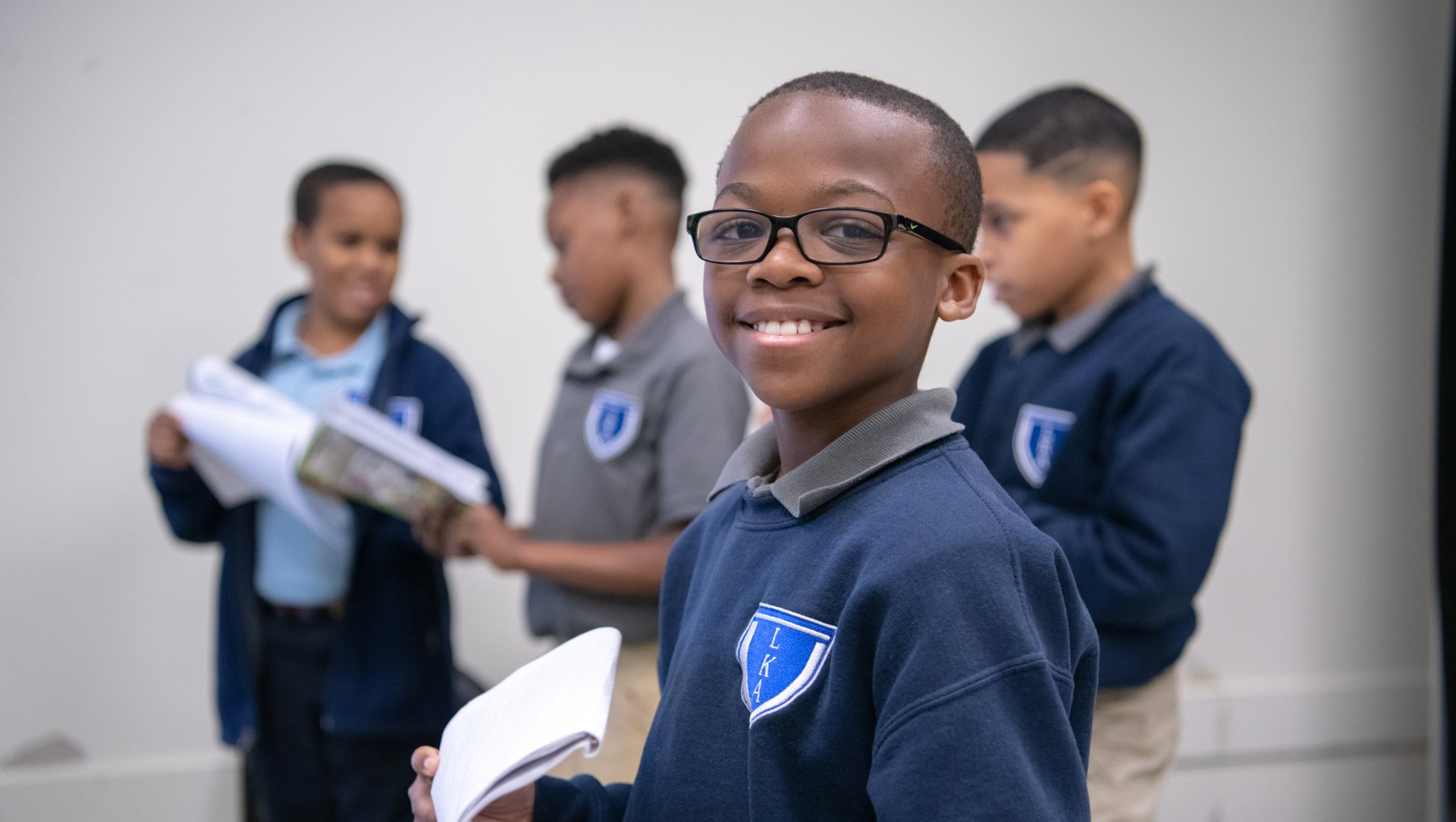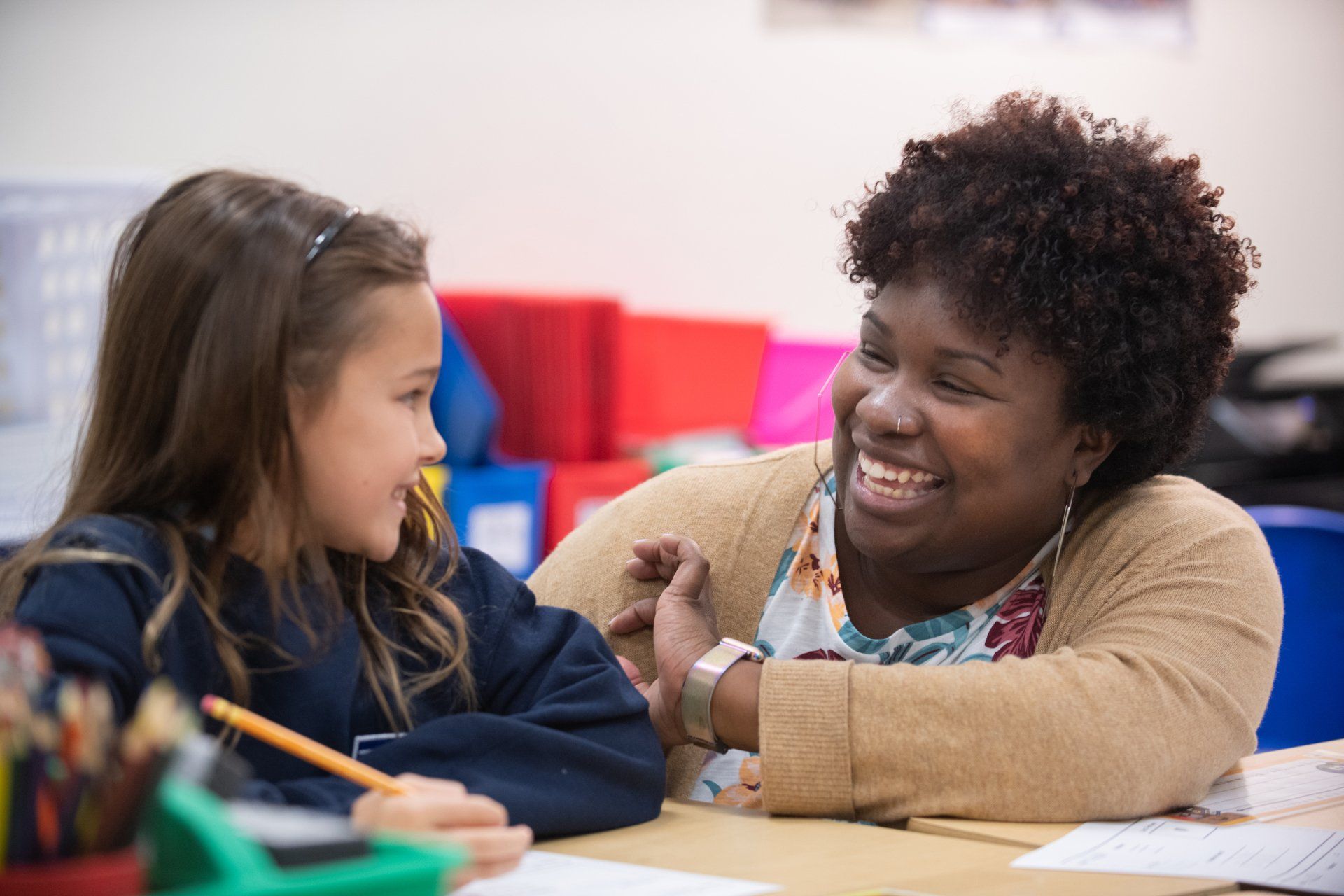Overcoming Adversity with Dyslexia
A LKA parent experience with handling dyslexia at school.

Self-esteem is defined as a confidence and a belief in one’s own value. Children spend the majority of their time at school. This environment shapes a sense of worth for many kids. However, school can quickly wreck the self-esteem of a dyslexic child.
We know that the achievement gap between dyslexic and non-dyslexic children is present in the first grade. Non-dyslexic children are rapidly improving their reading skills while dyslexic children are struggling to read simple words or learn the alphabet. Since most parents and teachers equate reading skills with intelligence, the dyslexic child often feels inadequate at school.
These bright students do not read at a level that matches their intelligence and they are often called lazy or dumb. When we founded the Louisiana Key Academy it was to help students not only excel in school but also sustain or improve their self-esteem. Since then we have helped hundreds of kids and parents. The parent story below is just one of many amazing child experiences.
For the first time in his life, he didn’t feel like something was wrong with him …
My son would come home every day and cry and ask, “Mom, why am I stupid and no one else is?” How, as a parent do you look into your seven-year old’s eyes, and reassure him that he isn’t stupid but that his brain just acts a little different from everyone else’s? His self-esteem plummeted. He would never read a book out loud to anyone but me. He became very introverted and never wanted to do anything outside of the house.
The next school year, he started first grade again. His grades were much stronger with A/Bs and an occasional C; however still receiving a lower grade in reading. He was having occupational therapy a few times a week after school. He had speech therapy once a week after school. He was meeting the Reading Interventionist every day at school for thirty minutes and he was still being tutored three times a week after school. I met with the interventionist towards the end of the school year and she told me that she saw only the slightest improvement with his reading, although she would have expected it to be a little more since she worked with him every day.
I was paying thousands of dollars in tuition and this school really didn’t have the resources to help my child. It wasn’t that they didn’t try to compensate for his needs; however, my child didn’t fit in the “normal” mold of students in his lass. The school was not going to change their teaching habits for one child. So, they tried to mold my child to learn like every other student although it was impossible for him.
I found out about the Louisiana Key Academy and immediately contacted them to see how I could apply. My son started LKA the next school year and a few days into the school year, he came home and was excited to talk to me because he found out that a boy in his class had trouble reading too, and so did a girl in his class. For the first time in his life, he didn’t feel like something was wrong with him because everyone in this school was just like him. Hes self-esteem picked up a little each day.
The Louisiana Key Academy uses a systematic evidence-based curriculum called Neuhaus. The teachers and reading interventionists are trained to teach this curriculum. The more knowledge he gained through the Neuhaus program about how letters work to from words, the higher he held his head. He stopped referring to himself as “stupid!”
The pivotal point in this journey with my son was at the end of the school year. My son had a project where he had to be a famous American. Each child dressed as the person and had to present an oral project. My son chose Steve Jobs. While my son chose Mr. Jobs because he loves video games and Mr. Jobs created my son’s favorite way to play them, we learned that Mr. Jobs was dyslexic. We were able to use his report as a way to show each child in his class that they can succeed – it just takes hard work and dedication. As I held my breath, my son stood before his entire class and their parents and read his report out loud (Something that he has never done – EVER).
We might not have a cure for dyslexia, but together, we can find a solution.
- Stacie Antie, Parent
Dyslexia Does Not Define Me
“The debilitating effect that dyslexia can have on a child’s confidence and sense of self-worth is aggravated by the fact that the very time reading and input most dominate reasoning and judgment in conventional test results, is the very time children are at their most vulnerable.
Recognizing that the difficulty in reading dyslexia causes can be mitigated by training, that alternate ways of acquiring information can be emphasized, and that dyslexia does not imply anything about a person’s ability to reason, analyze, or communicate can give students the patience to continue to work and achieve, and give their teachers and parents the patience to help and support them.”
-David Boies (US Senate Help Co.)
Screening children for dyslexia in kindergarten and first grade is vital for the child understanding at early age. Those with dyslexia are identified and given evidence based instruction and the assurance of their self worth. Learn how to help your child with our parent resources .












